Delaware Prosperity Partnership
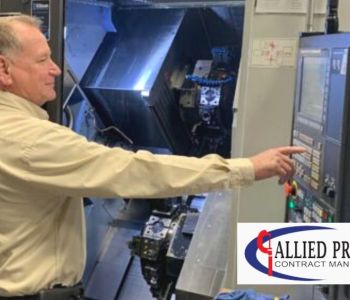
October 15, 2021
Allied Precision Inc. – The Sum of Its Parts
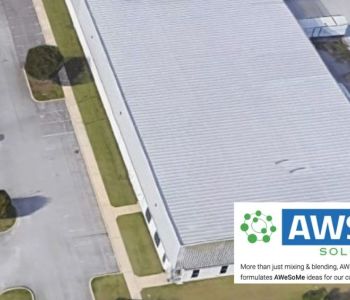
October 15, 2021
AWSM Manufactures Supply Chain Solutions and Awesome Jobs in Delaware

October 12, 2021
Ads on the Go – Delaware’s Carvertise Drives Ahead

October 12, 2021
Suzuki Farm Enters the Next Level of Japanese Produce Business

October 6, 2021
DPP Wins Highest Honors in Annual IEDC Awards

October 4, 2021
Eastern Highway Specialists Increases Blue-Collar Opportunities in Wilmington

October 1, 2021
Rob Rider Leads O.A. Newton to Record Growth
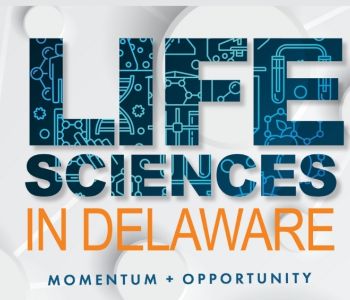
October 1, 2021
New Report Details Growth and Opportunity for Delaware’s Life Sciences Sector
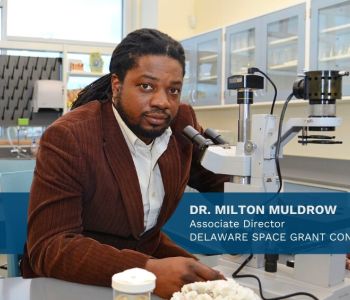
September 29, 2021
Delaware Space Grant Consortium Launches Students into Innovation

September 28, 2021
Dual Language Immersion Initiative Enters Next Phase

September 27, 2021
Miller Metal Fabrication Chooses to Grow in Southern Delaware
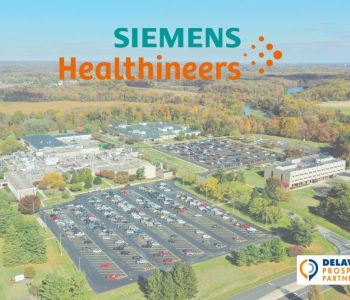
September 27, 2021
Siemens Healthineers Chooses Delaware for Expansion























